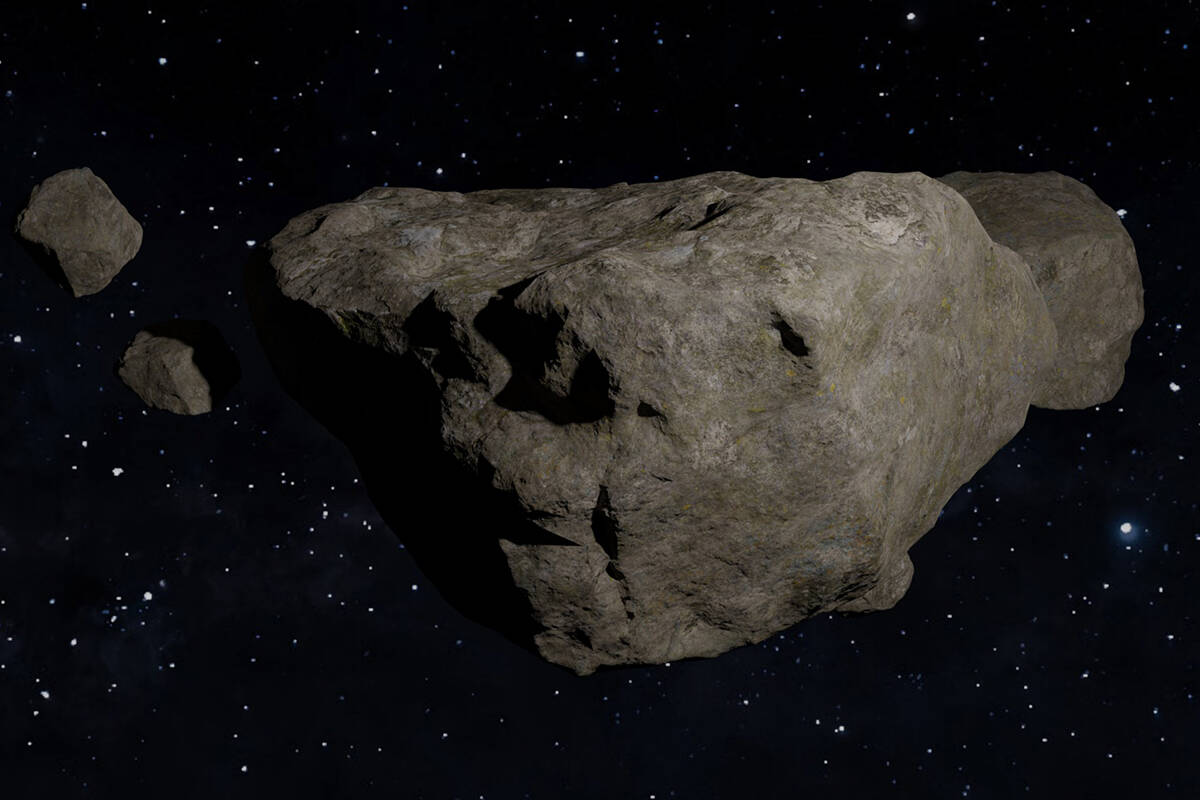A rock hurtling through space between the planets Mars and Jupiter now bears the name of a key figure in Yukon history.
The asteroid dubbed Skookumjim has a diameter estimated between eight and 19 kilometres in diametre. It takes more than five earth years for it to complete and orbit around the sun.
The asteroid is named for Keish, also known as Skookum Jim Mason, a Tagish adventurer and prospector who was among the party that found gold at the discovery claim kicking off the Klondike Gold Rush. He lived from 1855 to 1916.
In 2018, the Yukon Astronomical Society was contacted by the Royal Astronomical Society of Canada to provide a potential name for an asteroid. Their suggestion to name the asteroid after Skookum Jim was accepted by the International Astronomical Union.
Yukon Astronomical Society representative Christa Van Laerhoven said the society is pleased their suggested name was selected for the asteroid. She said the call for suggested names is often used to honour people who have made contributions to astronomy or astronomical societies but the Yukon Society felt it was important to draw on Yukon history.
“His historical presence in the Yukon far dwarfed anyone else we were considering,” Van Laerhoven said of Skookum Jim.
Noted astronomer Henry E. Holt initially spotted the asteroid working from the Palomar Observatory in southern California in July 1992. It was temporarily named 1992 OP1 before getting its new name. After it was first spotted, the asteroid was checked against a catalogue kept by the Minor Planet Center in order to ensure it had not been named before.
The asteroid’s new name was sent out to the stargazing public in an April 11 publication by the International Astronomical Union.
For Yukoners interested in what is going on beyond Earth’s atmosphere, Van Laerhoven the local astronomical society are in the midst of a beginner-level astronomy 101 lecture series for society members and donors. Van Laerhoven said there would also be some “guerilla outreach” upcoming with a telescope set up downtown to allow for the safe observation of the sun.

